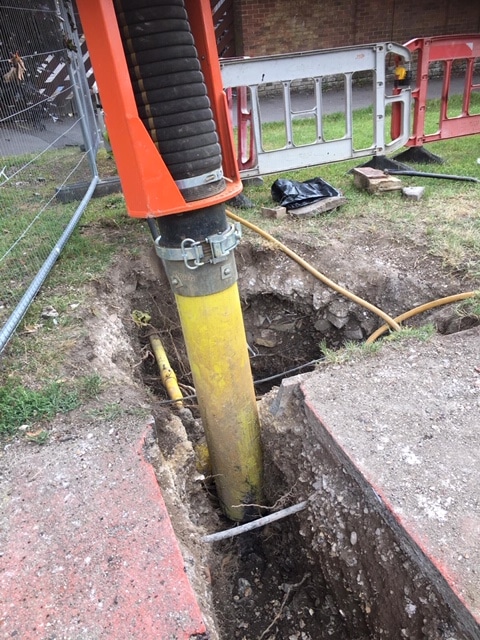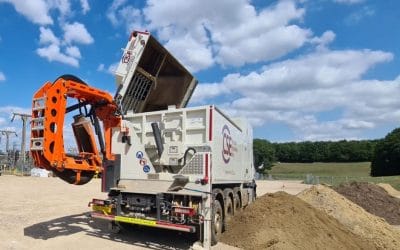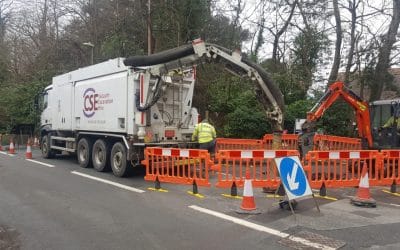One risk in delaying a project completion is the possibility of a service strike which can have a negative impact on the customer as well as other contractors. Here at CSE UK, we have taken a look at the possible cost implications of a service strike and have investigated the typical cost of alternative excavation methods.
The main identified risk factors are:
· Investigation costs
· Personal safety
· Repair costs
· Reputation
· Time
You and your team will need to assess the impact in which the delay may have on the project plan:
· Could a potential service strike cause personal injury to you and your colleagues?
· Will further on-site activities need to be delayed at all?
· Do you need to rebook the contractors in for a later date? If so, will they be available?
· Will any delays affect the overall completion date?
· What additional costs need to be allocated to repair the damage?
· Will the unplanned costs mean you go overbudget? How will this affect your profit margin?
· Will the incident damage the client’s opinion of your company and your technical ability?
What other options do you have?
There are two alternatives to mechanical excavation in which you can use to avoid any potential service strikes: Hand Excavation or Vacuum Excavation. But what are the cost comparisons?
Hand Excavation:
· 1 team member (on average) would excavate 2cubic metres per day (material dependent).
· The average worker cost per day is £150.00
· The cost per cubic metre is £75.00
Vacuum Excavation:
· A Vacuum Excavation can remove up to 25 cubic metre per day (material dependent).
· The average cost of hiring a unit for a single day, including the operator is £1,100.00
· The cost per cubic metre is £44.00
Vacuum Excavation offers a faster, more cost-effective solution than manual hand digging. A standard Vacuum Excavation can remove 2m3of spoil per hour, while an inbuilt skip can hold up to 10m3 before it needs to be emptied. In short, one Vacuum Excavation vehicle will complete a job in the fraction of time in which it would take a team of labourers or a digger.
Another beneficial aspect of Vacuum Excavation is that it is a significant time saver.
If you would like to enquire about any of our systems or hire our team for work, please get in touch with a member of our team who will be happy to answer any questions.





